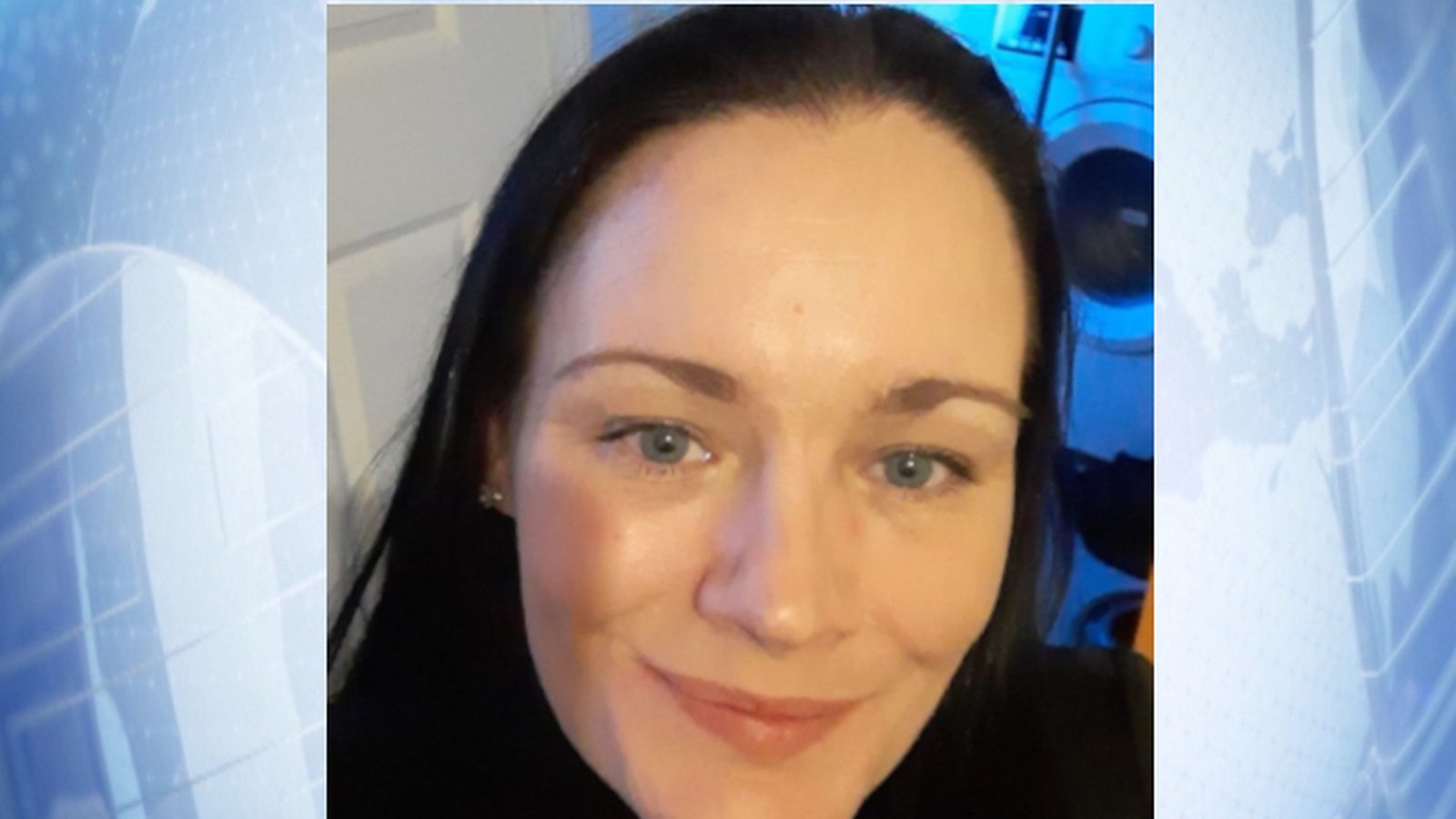World
Train driver ‘did all he could’, inquest hears

A train driver blew the horn and applied the emergency brakes after seeing two women walking towards him “in the middle of the track”, Sligo Coroner’s Court has heard.
Coroner Eamonn MacGowan told driver Padraig O’Gara that he did all that he could and could not have done anything else.
Mr O’Gara attended the inquest into the death of Jessica McLoughlin, 40, of Rusheen Ard, Caltragh Co Sligo.
The mother-of-four sustained fatal injuries after she and her niece were involved in a collision with a Sligo to Dublin train near Ballisodare on 14 June 2023.
In a statement, Rebecca Leydon, 26, told the coroner that she and her aunt Jessica had caught a train at about 1pm that day in Sligo as they were going to Dublin for a day out.
She said they had got off in Collooney “because I left my phone in the shop in Sligo.
“I feel guilty about it,” she added.
She said they had been walking back to Sligo on the train line and did not realise there was a train due.
Ms Leydon said they heard the train horn.
“When I looked I didn’t think it was going to hit us but it was the steps that hit us,” she recalled, adding that she did not remember much after that.
“I broke my leg and got staples in two spots.”
Mr O’Gara said in his statement that he was driving the 3.05pm train from Dublin to Sligo that day. He recalled that after the train passed over the Ballisodare water bridge and was going around a long sweeping bend to the left, he saw two women in the distance in the middle of the track walking towards him.
“I blew the horn and applied the train brakes to the emergency position,” he said, adding that the two moved to the side of the track.
“One lady jumped clear. The other lady didn’t,” he said. “She stood on the outside of the rail track while still standing on the track.”
He said this woman was “crouched forward”.
“I continued to blow the train horn as I knew she wasn’t clear. She collided with the side of the train.”
Mr O’Gara said that as the train was coming to a halt he rang the controller signal man in Dublin’s Connolly station and requested an ambulance, fire brigade and gardaí to attend. He told them of his exact location and the nearest access point for the emergency services.
His colleague, ticket inspector Greg Flanagan, told the coroner in a statement that the emergency brakes were applied just after Ballisodare. He was in the back cab at the time and he and the driver were the only two Irish Rail staff on the train. There were 100 passengers on board.
When the train came to a complete stop he contacted Mr O’Gara to see if he was alright.
“I knew what was after happening because I looked out the window and saw a woman about 100 metres back lying on the side of the line,” he said.
When he went to the scene he saw that there were two women, one of whom was crying and trying to stand up.
“The other woman was moaning and lying on the ground and I could see that she had serious injuries to her stomach,” he said.

Paramedic Kieran Currid recalled that after the ambulance went as close to the scene as possible, he and colleagues proceeded on foot down the railway line to the injured parties.
He said one of the women was speaking “so we knew she was alive” but the other was unresponsive with major open wound to her lower left side.
Initially, Ms McLoughlin had a pulse and they treated the wound but then she went into cardiac arrest. They started CPR but a doctor pronounced death at the scene at 4.28pm.
An autopsy showed that Ms McLoughlin had sustained multiple injuries in the collision, the coroner’s court heard.
Toxicology tests showed the presence of alcohol, cocaine and prescription drugs in her system.
Mr MacGowan recorded a narrative verdict that Ms McLoughlin had died on the railway line at Knox Park, Ballisodare from injuries sustained in a collision with a train, against a background of alcohol and drug intoxication.
Expressing sympathy to Ms McLoughlin family and in particular her niece Rebecca, he said: “Jessica was a young woman and it is such a shame.”
He wished the train driver well in the future, saying: “He did all he could and he could no nothing else”.
Ms Leydon told the coroner that she missed her aunt Jessie who had helped her a lot.
“When I was homeless she gave me a bed,” she said.
Garda Sergeant Grainne Fagan, who was on duty at Collooney Station on that afternoo, said she travelled to the scene at Knox Park on the R290. She accessed the scene through Parke’s garage and spoke to the train driver, who told her that he had sounded the horn and activated the emergency brakes but the two did not clear the line in time to avoid contact.
There were four carriages stationary on the track and the 100 passengers had been instructed by Iarnród Éireann not to disembark. A number of passengers said they had heard the train horn “but there is no record of any passenger seeing the collision occur,” she said.
The passengers were escorted from the train and taken to waiting buses at about 5.30pm.










